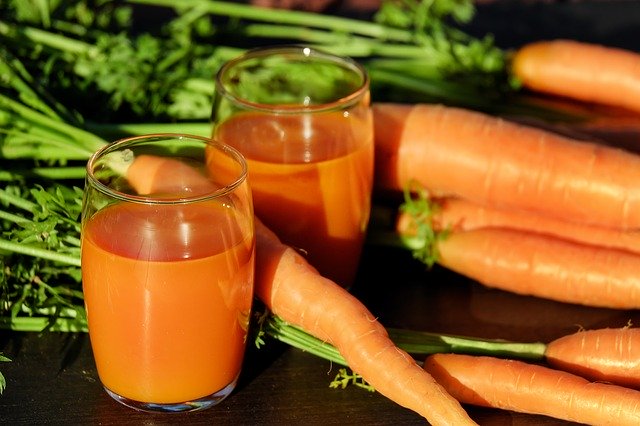Juicing has been around for many years, but it has been more prominent, especially during the pandemic, as people opted to adopt healthy eating habits.
With juicing, you can turn raw fruits and vegetables into juice that you can drink. But what are the benefits of juicing for your health?
Easier Absorption of Nutrients
Compared to eating whole fruits and vegetables, which will require a full digestion process until nutrients are absorbed in the body, Juicing eliminates the need for a long digestion process.
Typically, the normal digestion process takes between 4 and 6 hours which is a long enough period for complete nutrients absorption. Nutrients in the juice are absorbed quickly by the body as liquids do not need much digestion.
Fruits and vegetables are rich in vitamins, minerals, fiber, and antioxidants that the body needs for proper functioning. However, the downside of too much juicing is that you will have a low fiber intake since most of the fiber content gets lost during the juicing process. Thus, it would be nice to balance eating whole fruits and vegetables and drinking juice.
Prevent Diseases and Good for Disease Management
Juicing is good as it helps to give your body the needed nutrients to fight off diseases. Juicing has been proven to help prevent or manage some ailments, including Alzheimer’s disease, cancer, stomach problems, heart condition, and skin problems.
Besides, juicing is a good option when it comes to treating patients who are sick. At times, due to loss of appetite, patients might have difficulty eating solid foods, so the best option would be to perform scheduled juicing to supplement the little solid food they eat.
That way, they will be able to continue receiving a dose of vital nutrients.
Excellent Potential for Weight Loss
Juicing is good, especially if you want to limit your calorie intake by minimizing your junk foods intake. To be a good weight loss component, you must consume only low-calorie fruits and vegetables.
Some fruits and vegetables that are low in calories and can be perfect for juicing include apple, celery, cauliflower, onions, papaya, zucchini, strawberries, tomatoes, carrots, broccoli, kales, and spinach. You can take a glass of freshly prepared fruit or vegetable juice early in the morning or during the day, especially when you are dieting. Juice has more benefits than your everyday snacks.
Decrease Body Inflammation
Inflammation is a common occurrence in the human body, and it is a sign that your body is fighting against harmful toxins and injuries. Ideally, when something damages your body cells, your immune system reacts instantly to offer protection.
Therefore, if you are suffering from inflammation, juicing can be an excellent way to deal with it by providing anti-inflammatory properties. Juicing dark leafy vegetables such as kale and spinach will ensure that your body receives adequate antioxidants to deal with the toxins and free radicals in your body.
Though your kidney and liver can work to fight off the foreign toxins in your body, juicing will help to kickstart the process.
Juice Fasting Plan
Science has proven that fasting has health benefits. During fasting, your body relies on the body’s reserves for energy due to a limited intake of solid food.
In that case, your body can undergo detoxification. Therefore, engaging in a 30 day juice fasting plan will help maximize your benefits from fasting.
Juice fasting is when you abstain from eating solid food and only engage in juicing. During that period, you give your body the best chance of reducing inflammation, cleaning the skin, promoting weight loss, getting rid of toxins, and reducing sugar cravings.